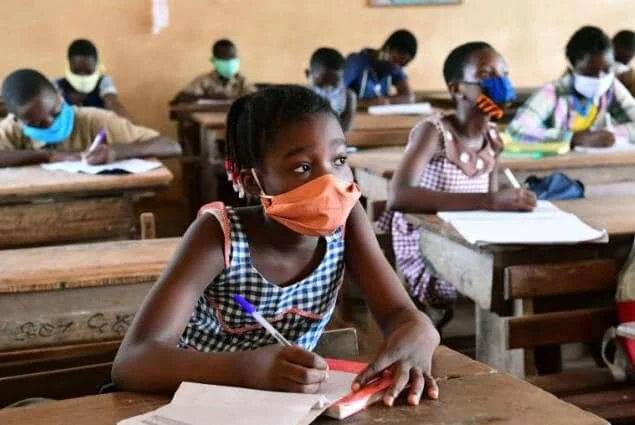The values of diversity and inclusion are no longer just buzzwords for policy-makers, the public service, and other governmental or non-governmental institutions. When these organizations truly embody such values, it not only ensures representation of the society they serve and limits groupthink but also fosters public trust, equity, accessibility, transparency, and impartiality.
COVID-19 And Education In Sub-Saharan Africa: 5 Actions For The Way Forward
According to data from the UNESCO Institute for Statistics (UIS), sub-Saharan Africa (SSA) has low learning proficiency and the highest rates of education exclusion, with more than 20% of children between 6 and 11, about 33% of those between 12 and 14 and 60% of youth 15 to 18 years old out of school (UIS 2019). The advent of Covid-19 has worsened the state of global education, but the hardest-hit regions will be those with less robust education systems such as sub-Saharan Africa. Robust systems are identified by their high literacy and numeracy rates, which can be used to predict the future human capital of the country.



